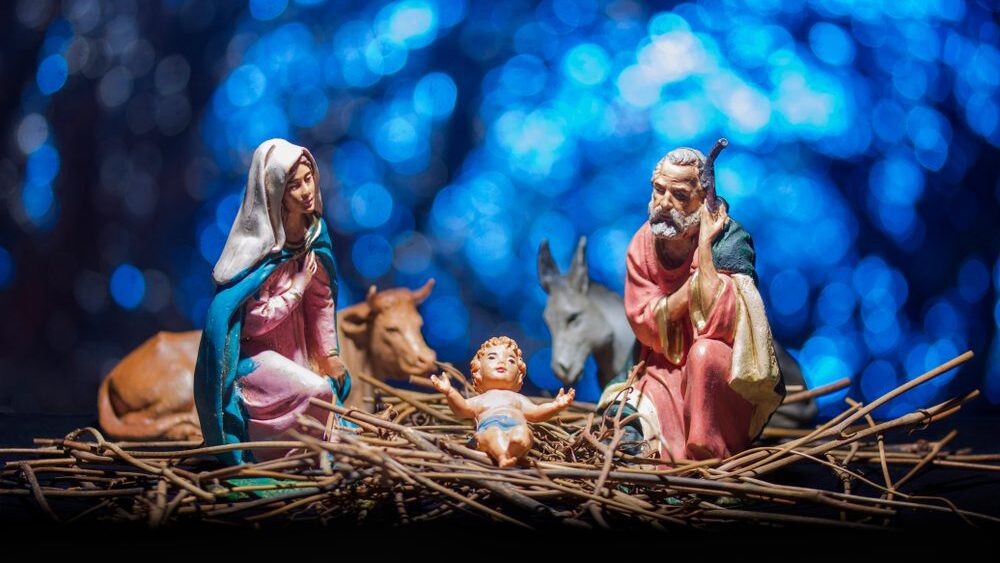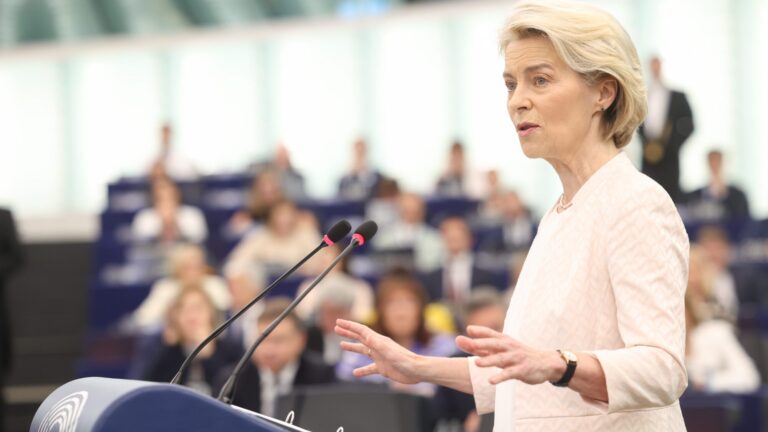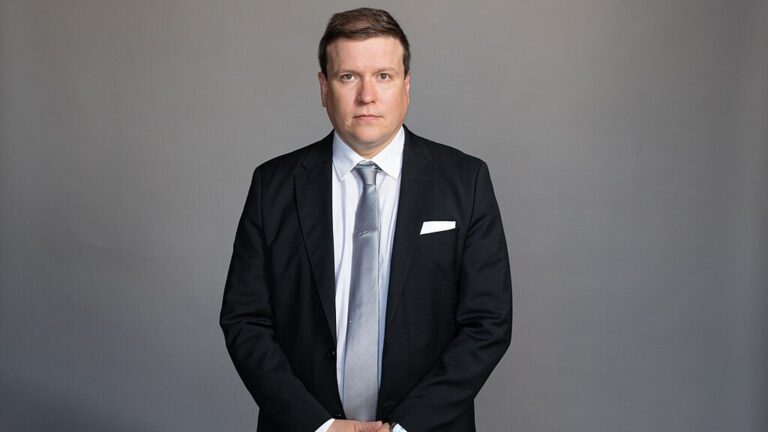The Brothers of Italy (FdI), the party led by Italian Prime Minister Giorgia Meloni, has introduced a bill that would ban any school from cancelling Christian celebrations at Christmas or Easter, infuriating the Italian Left.
The bill was presented to the Italian Senate this week just days before Christmas and declares that “it will no longer be possible to cancel the nativity scene, Christmas, and Easter within Italian schools of all levels,” the newspaper Il Giornale reports.
Senator Lavinia Mennuni, a member of the FdI, said,
We have been witnessing unacceptable and embarrassing decisions by some school bodies that prohibit the nativity scene in schools or modify its profound essence, for example by changing the feast of Christmas into improbable winter holidays so as not to offend believers of other religions.
Mennmuni added,
It is absolutely essential to safeguard and protect what are basically our cultural roots, which we have a very high example of in the nativity scene.
The bill will prevent schools from either cancelling Christian traditions at Christmas and Easter or trying to modify them to be more inclusive to students of other faiths and backgrounds as the bill authors argue such moves are “discrimination against pupils and their families practising the majority religion.”
The bill’s authors also said that those trying to cancel or modify the two major Christian holidays are attacking the traditions of the Italian people and called such attempts to modify the holidays as giving the holidays a “hedonistic-consumerist connotation.”
Teachers and other school staff who violate the policies would face disciplinary measures under the bill.
Antonello Giannelli, president of the National Association of Principals which represents about 50% of Italian school principals, was critical of the bill saying, “We must certainly keep in mind the traditions of the country but imposing them by law is out of place. In any case, there will be a way, in the parliamentary debate, to evaluate well what to do.”
Gianna Fracassi, general secretary of FLC CGIL, a trade union representing educators, appeared angered by the bill, commenting:
Everyone must remember that we live in a secular country, the school is secular. Operations such as this, which interfere with the autonomy of schools, are not acceptable. We will support in every way the principle of school autonomy and the secularity of public schools. Let them re-read the Constitution.
Left-wing politicians seem equally angered by the move, with Riccardo Magi of the party More Europe stating that the Holy Family would end up in a refugee centre in Albania under the current Meloni government.
Magi previously voiced his opposition to an agreement that would allow Italy to transfer migrants rescued in the Mediterranean Sea to facilities in Albania to process their asylum claims, calling it “Guantanamo Made in Italy.”
Luana Zanella, a member of parliament and leader of the Green Alliance and the Left added:
They are ridiculous, they want to ban by law everything they don’t like. Instead of governing the country, a duty they do not know how to handle, they continue to use ‘weapons of distraction’ such as this law against principals who consent to the removal of the nativity scene at school. The country has already noticed their bluff.
Maura Striano, the Councillor for Education and Families of the Municipality of Naples also weighed in, echoing Gianna Fracassi saying:
Italy is a secular state. There is an agreement between the State and the Church, but we are a secular State, the school is public and it does not seem legitimate to me to impose or even provide for sanctions against a school principal who chooses not to display the nativity scene in a school.
The pushback in Italy from the FdI comes as more and more countries in Europe have seen schools or local governments either ban Christmas traditions, such as Christmas trees, or change Christmas celebrations to become more inclusive of students from migrant backgrounds and different religious backgrounds.
In Belgium, Saint-Gilles Mayor Jean Spinette suggested that Saint Nicholas should become more Moroccan in an effort to “find a connection with the Muslim community in the town,” adding, “For us, St. Nicholas must be environmentally friendly, respectful of religions, and intersectional.”
The European Union Parliament only displayed a nativity scene for the first time last year after previously considering that such a display could be viewed as “potentially offensive,” despite the majority of Europeans within the EU identifying as Christians, 41% of those Europeans as Roman Catholics.





